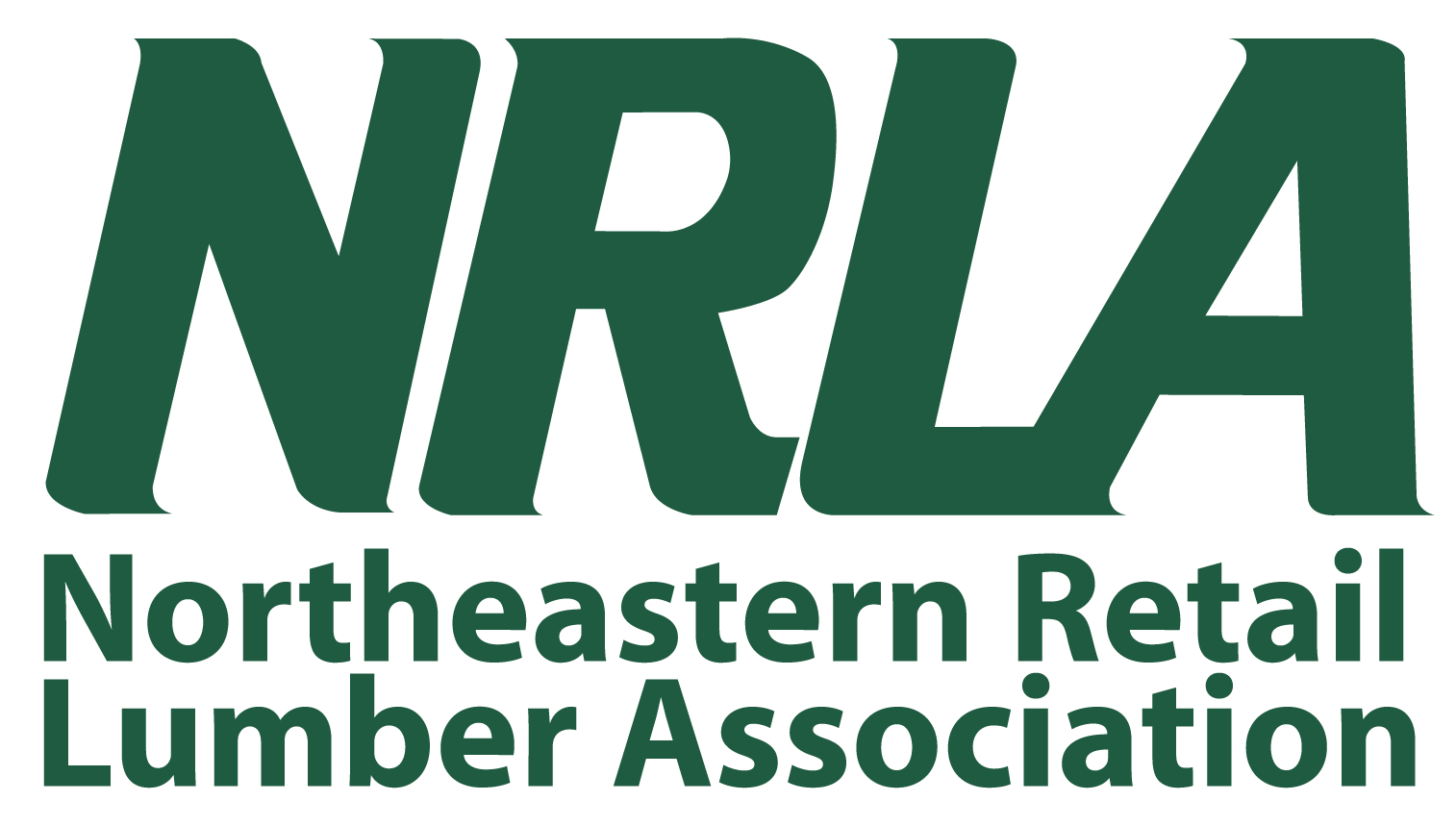NRLA-NY has 356 member companies and represents independent lumber and building material dealers, manufacturers, wholesalers, distributors, and other associated businesses across New York state. The lumber and building materials industry employs over 16,000 New York residents and collects over $142,000,000 in sales tax revenue for the State.
SUPPORT Retainage A.1194, Braunstein – Our members provide materials to private and publicly funded building projects. Retainage—holding back a percentage of the total due until a later date—is being used in a greater number of construction projects, placing more of a burden on independently owned and operated building material dealers. As delivery of a product is the completion of the contract, materialmen should be exempt from having retainage held on them.
Contractors control when materials are delivered to the job site and assume responsibility for proper care of those material once delivered. There is no other industry or product where a consumer can purchase a completed product but hold back a portion of paying for that product. These bills do not eliminate retainage completely. They ensure any supplier acting as an installer of products would be eligible to have retainage held on them, and that any materials not covered by a manufacturer’s warranty or materials not graded would be eligible to have retainage held on them. These two provisions guarantee that retainage still applies to labor and that materials purchased are protected in case of defects.
NRLA-NY asks that Assembly and Senate pass this bill to ensure materialmen are paid when they complete their contractual obligations of delivering materials. A Senate version of the bill is in the process of being introduced.
SUPPORT Workforce Development: Aid for Career Education, S.5024 Mayer This bill would increase the cap on BOCES teachers’ salaries, which has not been increased since 1991, by amending the calculation for determining aid for career education. The state has repeatedly highlighted the need for students to receive education in STEM and technology to prepare them for the workforce. This bill would bring in line the state’s rhetoric on this education and the funding it provides for such.
NRLA-NY urges the Senate to support and pass this bill and the Assembly to introduce a same-as bill.
OPPOSE All Electric Buildings Act, A.920-A Gallagher/S.562-A Kavanagh
This bill would ban gas hookups and mandate electrification in new residential, commercial, and mixed-use buildings. NRLA-NY supports the state’s move to a green, clean future, but we need to do it in a commonsense way that does not put the economy, small businesses, or our population at risk. Our main concern with this bill is that all-electric buildings are more expensive to build, which will make it even harder to construct affordable housing in New York. The National Association of Home Builders (NAHB) released a study finding that an “all-electric” house compared to a house with gas hookups and appliances is between $10,866 and $15,100 more expensive in cold climates.1 This will make it even harder to increase affordable housing, and New York currently has a shortage of about 655,940 affordable and available rental units according to the National Low Income Housing Coalition.2 Without affordable housing, the youth of our state and others will continue to leave because they cannot afford to live here.
Another concern is that there is no plan on how the gird will absorb this influx of demand for electricity. New York’s electric grid operator (NYISO) has already warned about declining levels of reliability as early as 2023. This is before any significant economy-wide electrification. New York’s small businesses and consumers are already paying higher energy bills due to hikes in 2023, and this proposal will only increase energy costs in future years.
NRLA-NY urges both houses to more fully consider how to implement this bill and how it will impact the future of our state before passing it.
OPPOSE New York Tropical Deforestation-Free Procurement Act, A.5682 Zebrowski/S.4859-A Krueger
This bill seeks to ensure that New York state companies are not contributing to mass deforestation directly or indirectly through their supply chains for materials. While this goal is laudable, the bill is unnecessary due to federal requirements for importation of wood products and almost impossible for contractors to get the information.
The information about where lumber comes from already exists and such tracking is required by the federal government when products are imported. However, this information is not readily available or shared by those who possess it. Thus, it would be better if the requirement was placed on the manufacturers who would have this information instead of contractors who are simply using a product in construction not importing or selling it.
However, no such certification should be required at all because the US government has rules regarding importation of wood products, which would be those used in any NYS project. First, USDA requires permits for the importation of logs, lumber, and other unmanufactured wood products. This includes a permit for endangered species, which must be granted by the government before you can import such materials. There are also restrictions on where the wood can come from, and the UDSA is currently working on requiring tracking of even more products and their origins to protect against illegal harvesting, which was the Lacey Act in the 2008 US Farm Bill.
Finally, the US is also party to the Convention on International Trade in Endangered Species of Wild Fauna and Flora. This is “an international agreement, signed by 184 parties in 1973, designed to ensure that international trade in animals and plants does not threaten their survival in the wild.”
NRLA-NY urges the Senate and Assembly to oppose this bill.
1 “Cost and Other Implications of Electrification Policies on Residential Construction.” Home Innovation Research Labs for National Association of Home Builders, Feb. 2021. https://www.nahb.org/-/media/NAHB/nahb-community/docs/committees/construction-codes-and-standards-committee/home-innovation-electrification-report-2021.pdf.
2 Housing Needs by State – New York https://nlihc.org/housing-needs-by-state/new-york
